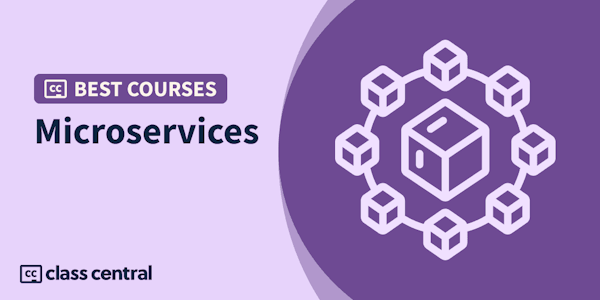- Module 1: Gain an in-depth overview of options available within Dataverse to integrate data and events to Azure.
This module explains how to:
- Publish Dataverse events to Microsoft Azure Service Bus.
- Write a Service Bus Event Listener that consumes Dataverse events.
- Module 2: Learn how Azure Functions can be a great solution for data processing, systems integration, and building simple APIs and microservices.
After completing this module, you will be able to:
Explain functional differences between Azure Functions, Azure Logic Apps, and WebJobs
Describe Azure Functions hosting plan options
Describe how Azure Functions scale to meet business needs
- Module 3: Learn how to create and deploy Azure Functions.
After completing this module, you will be able to:
Explain the key components of a function and how they are structured
Create triggers and bindings to control when a function runs and where the output is directed
Connect a function to services in Azure
Create a function by using Visual Studio Code and the Azure Functions Core Tools
Overview
Syllabus
- Module 1: Module 1: Integrate Dataverse Azure solutions
- Microsoft Dataverse Azure Solutions overview
- Expose Microsoft Dataverse data to Azure Service Bus
- Write a Service Bus Event Listener that consumes Microsoft Dataverse messages
- Publish Microsoft Dataverse events with webhooks
- Write an Azure Function that processes Microsoft Dataverse events
- Check your knowledge
- Summary
- Module 2: Module 2: Explore Azure Functions
- Introduction
- Discover Azure Functions
- Compare Azure Functions hosting options
- Scale Azure Functions
- Knowledge check
- Summary
- Module 3: Module 3: Develop Azure Functions
- Introduction
- Explore Azure Functions development
- Create triggers and bindings
- Connect functions to Azure services
- Exercise: Create an Azure Function by using Visual Studio Code
- Knowledge check
- Summary


